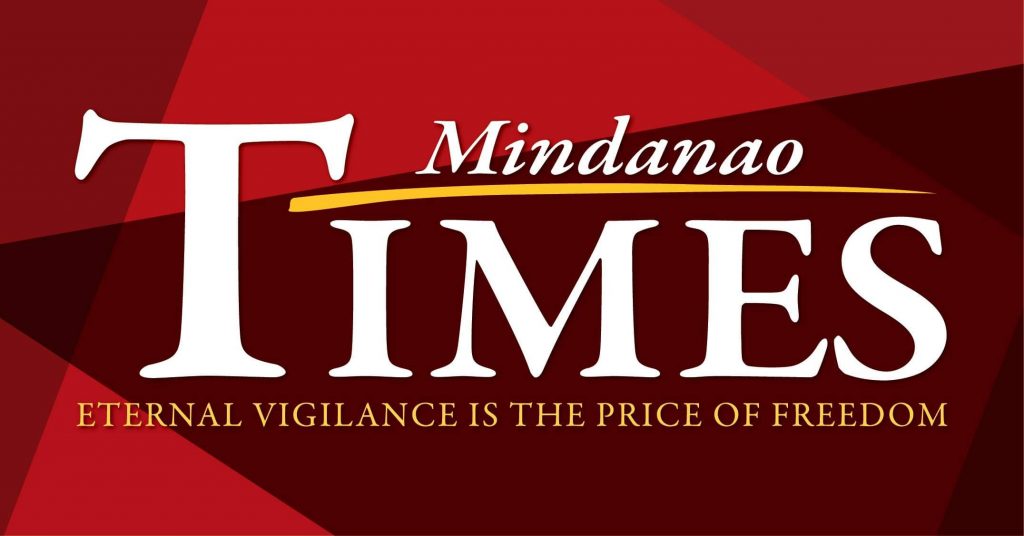The Davao Association of Catholic Schools (DACS) has taken exception to the proposed ‘No Permit, No Exam’ Prohibition Act” that the Senate recently passed.
In a statement, the association said the “pro-student (or learner or pupil) posture (of the proposal) is deceptive.”
“While allowing the student to take exams without paying contractual obligations incurred in enrollment, it does not relieve the student – or his/her parents or guardians – from fulfilling contractual obligations: for education delivered, tuition and fees are paid. Under this law the school must allow the student to take exams with the rest of the students, but may demand binding promissory notes, withhold grades (!), diplomas, certificates, deny acceptance in the next semester or learning period, deny clearances, and take court action,” the association said in reference to Sections 2 and 5 of the proposal.
Unlike public schools that operate not on collected tuition and other fees, private schools do, and the proposal is prejudicial to them, said the recently-released statement, signed by Fr. Joel E. Tabora, advocacy chair of the association, and Bro. Noelvic H. Deloria, its president.
The Senate, with 22 of its members voting yes, approved the proposal, sponsored by Sen. Francis Joseph Escudero.
The statement added added the proposal will not benefit those students in private schools because “if they are poor, they will nevertheless have eventually to pay their financial obligations – if not to take an exam, in order to see the grade of an exam, or in order to continue to the next semester, or in order to receive one’s diploma.”
The failure of the students to pay their school obligations will result in employees of private schools not also getting paid in return. “And the public service of private education falls,” it added.
The statement also criticized the bill’s declaration of policy, saying it is “deceptive.”
It was referring to the bill declaring that the policy of the government is “to promote the right of all citizens to quality education and to ensure access to educational services regardless of personal or socio-economic circumstances.
In calling the policy deceptive, the association pointed out: ”For while the Constitution indeed makes it the responsibility of the state to `promote the right of all citizens to quality education at all levels and [shall] take appropriate steps to make education accessible to all’ free education is constitutionally guaranteed only in basic education.”
Even with the passage of the Universal Access to Quality Tertiary Act, the statement said universal education “is dependent on `the complementary roles of public and private institutions in the educational system.’”
“Access to the educational services of private schools therefore is not for those who freely avail of their services `regardless of personal or socio-economic circumstances’. Those who freely avail of their services must freely pay their obligations. Otherwise, private education, an integral part of the Philippines system of education, will die,” it added.
The association pointed out that access to the genuine Catholic education is the right of Catholics and is only possible through private schools. “Because of the values cultivated in Catholic schools, Catholic education has also become a byword for quality education, even while there are many quality private schools that are not Catholic.”
To make the proposal pro-student, the statement added, what could have been done to support needy students has been to “grant them scholarships or soft long-term loans or support in innovation-oriented research and in entrepreneurial start-ups.”
“Or it (the bill) may have provided the educational institutions support in developing libraries, laboratories, research facilities, and communications equipment,” it added.
It pointed out that students who are poor “are not helped by postponing their contractual obligations,” but by laws that alleviate the “obligations for the deserving, or remove them altogether.”
“Short of this, considering the state of education in the Philippines today where public education is increasingly subsidized by the State, it is wise to allow the private schools to continue operating their schools in the manner they, their clientele, and their stakeholders freely agree on. It is enlightened to help needy students fulfill these agreements,” it concluded.

